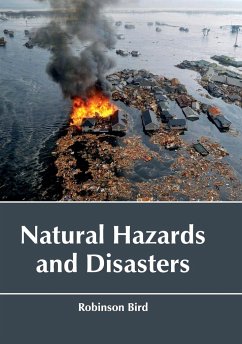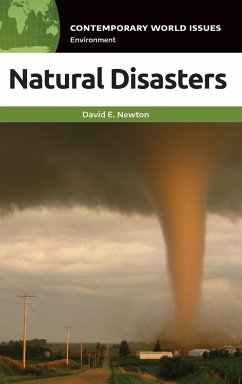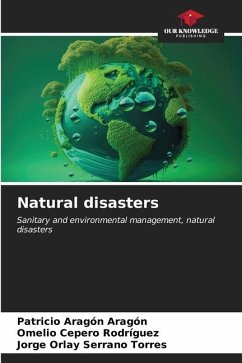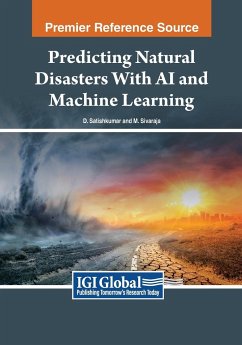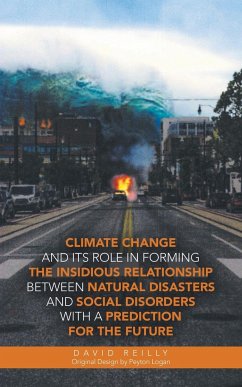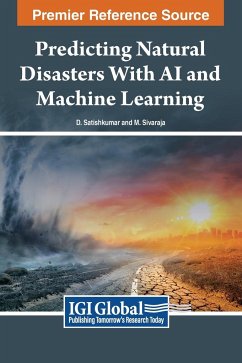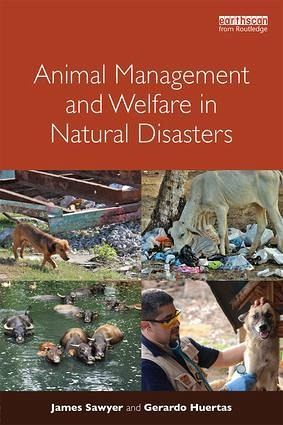
Animal Management and Welfare in Natural Disasters
Versandkostenfrei!
Versandfertig in 1-2 Wochen
52,99 €
inkl. MwSt.
Weitere Ausgaben:

PAYBACK Punkte
26 °P sammeln!
The devastating effects of natural disasters are not only directly on humans and infrastructure, but also on animals, which may be crucial to the livelihoods of many people. This book considers the needs of animals in the aftermath of disasters and explains the importance of looking to their welfare in extreme events.








